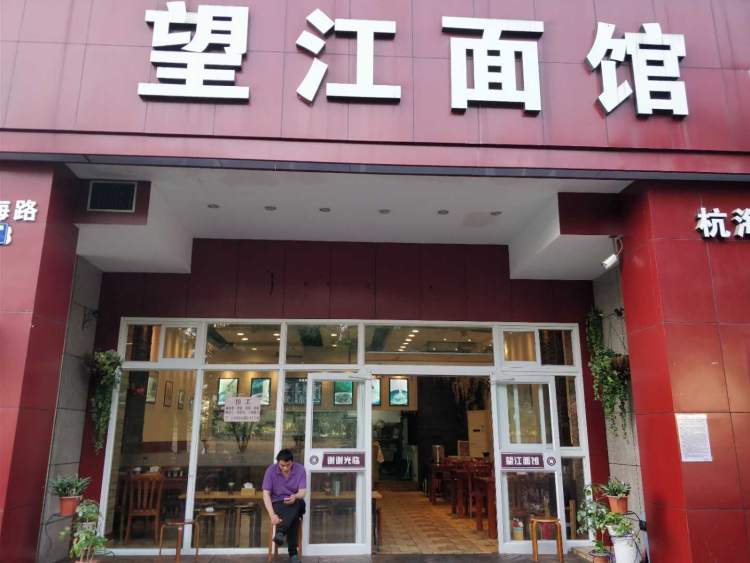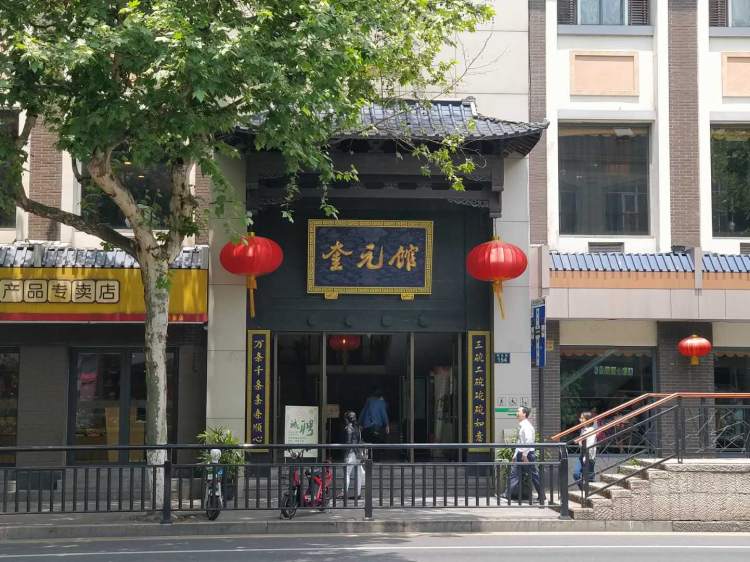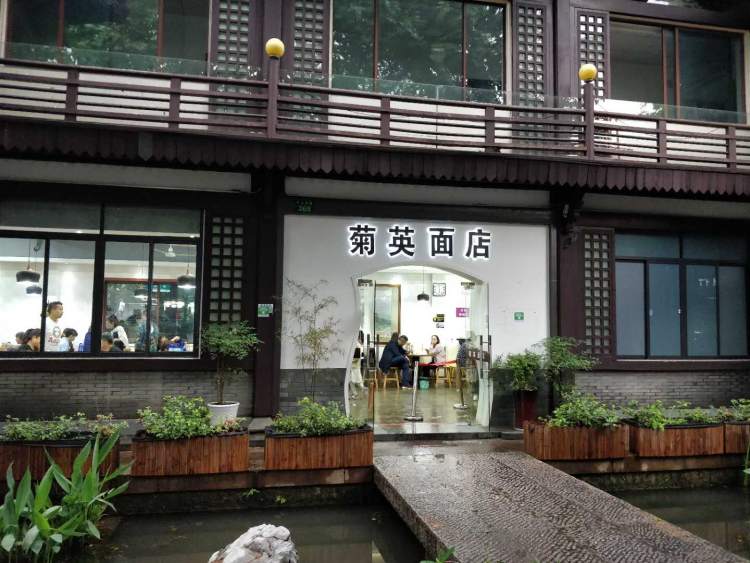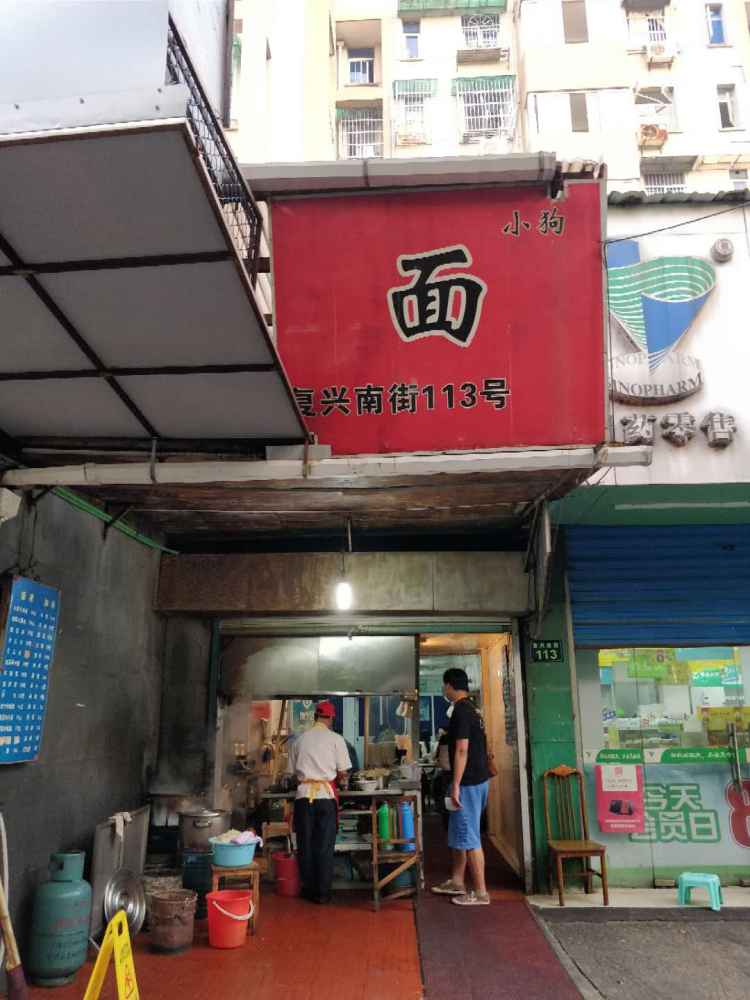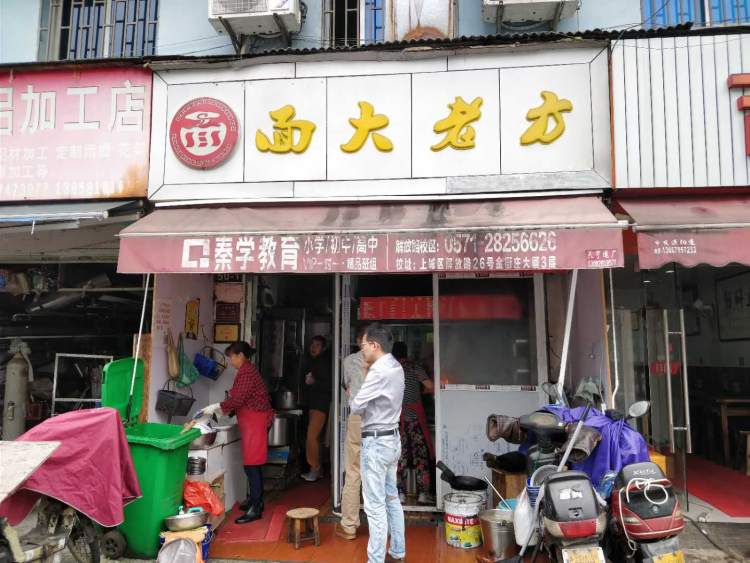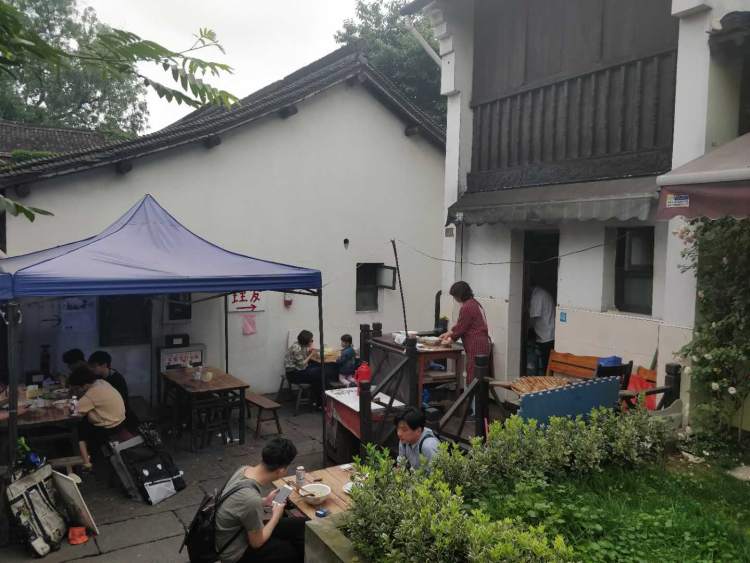Similar to established noodle restaurants such as Zhong'er and Huijuan, Wangjiang Noodle Restaurant has also embarked on a franchise model, and its grade and production are exactly halfway between Zhong'er and Huijuan: it won't be the noodle restaurant you want to visit across most of the city, but the stable standard makes it better than most small restaurants.
Thanks to the chain management model, Wangjiang Noodle Restaurant has better controlled costs while ensuring quality, which is reflected in the people-friendly pricing: it is more than enough to choose a signature dish such as Ka'erchuan and Jajangmignin Noodles to add one or two toppings, so it is no wonder that it is popular with nearby citizens. The noodles used in Wangjiang Noodle Restaurant are not too distinctive, the thin and round fine noodles are generally tough, not strong enough, and the starch content is also average, which can only be said to be suitable for the taste of the public. In contrast, the soup is divided into two layers, with the white broth on the top and the brown soup on the bottom, and when stirred with a spoon, the noodle soup has a more pronounced sweetness. Although MSG is clearly added to the soup below, the improvement of the soup is also worthy of recognition; At the same time, the noodle soup is provided free of charge in the store, and customers can renew it as many times as they like, which is quite rare in Hangzhou noodle restaurants.
Jajanjangmyeon is a specialty of Wangjiang Noodle Restaurant, and unlike the local Bicheon, there are fewer ingredients and more sauce. The sticky sauce has a strong flavor with mushrooms and meat foam, but the disadvantage is that the bowl is too small, and it is difficult to mix the whole bowl without spilling the sauce, which affects the flavor. The jajanjangmyeon here is very popular, and the shops with a lot of people usually sell out in the afternoon, so if you want to eat it, remember to keep an eye on the time.



